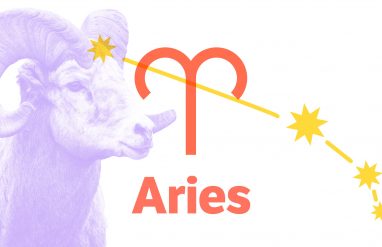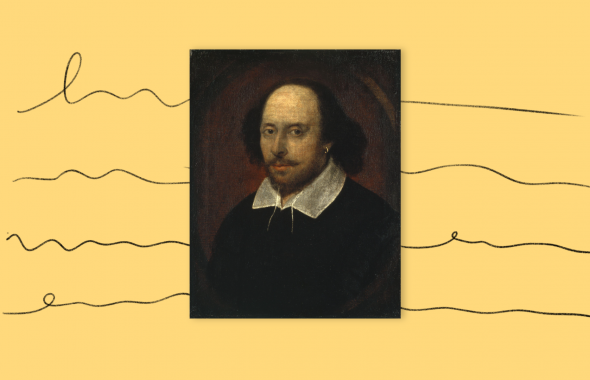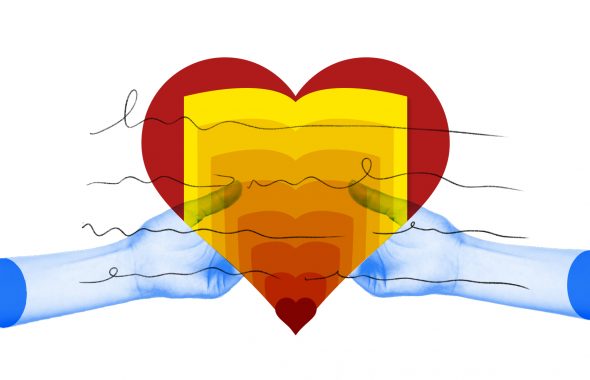Goodbye
Have you ever thought about the phrases we’ve borrowed from other languages to say see you later? Sometimes it’s for flair, or familiarity. But most of the time, the choice is effortless—these words are as equally English as any other words that make it into the dictionary.
The parting expression goodbye has been used in English since the 16th century, but it was originally a contraction of the phrase God be with ye. The religious connotations have long since fallen away, and etymologists believe that good replaced god in this phrase thanks to the influence of terms like good day and good night.





















